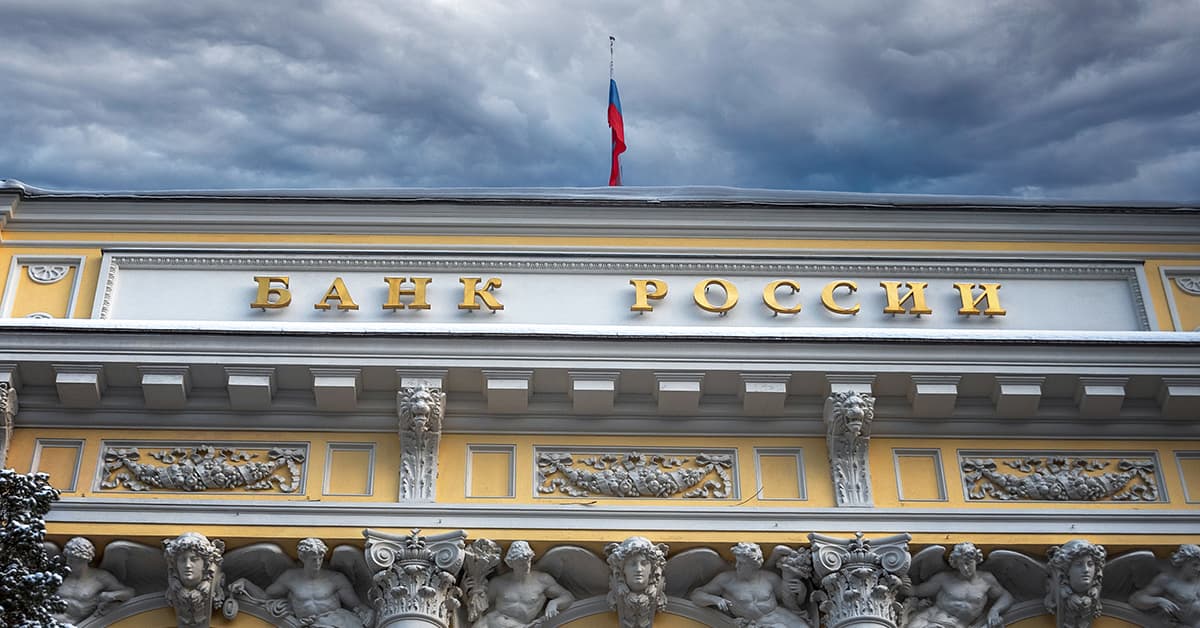The Bank of Russia’s announcement is the latest move by central banks to harness the advantages of distributed ledger technology to stave off the rapid ascendancy of competing but regulatory-light cryptocurrencies like Bitcoin and Ethereum.

Russia is set to follow other major economies, including China and the European Union, in the pursuit of a central bank digital currency (CBDC). It plans to have the Bank of Russia roll out the necessary infrastructure for the so-called digital ruble by the end of this year and begin testing prototypes in 2022.
If all goes according to plan, Russia’s CBDC could become a reality in 2023, said Alexey Zabotkin, deputy governor of the bank of Russia, during a press conference.
Some of the digital ruble’s operational characteristics reportedly mirror China’s digital yuan. Russia’s CBDC will use a similar two-tier system, whereby the central bank distributes the CBDC in the form of digital wallets to third parties, such as commercial banks, who subse-quently open digital wallets for their customers.
Central bank officials have described the digital ruble as a “mega project” saying the CBDC will be available both online and offline. Offline use is a feature CBDC developers including China, are trying to incorporate to increase the universality of CBDC’s. Offline use is the exception rather than the rule although the Bahamas recently rolled out the Sand Dollar.
Visa has published a paper proposing an offline solution using existing trusted execution environments, or TEE, and phones would communicate using Bluetooth or near-field communication technology.
The Bank of Russia’s announcement is the latest move by central banks to harness the advantages of distributed ledger technology to stave off the rapid ascendancy of competing but regulatory-light cryptocurrencies like Bitcoin and Ethereum.
But state-backed digital currencies are increasingly becoming politicized. Critics argue that China’s race to launch the digital yuan provides a pathway to skirt US sanctions amid a bitter trade war–a claim China denies. It is an issue that may have crossed the minds of Russian officials following the Biden administration’s decision to impose new sanctions on Russia.
Nevertheless, the US may have fallen behind the rest of the world by largely ignoring the disruptive impact of these new financial tools.



